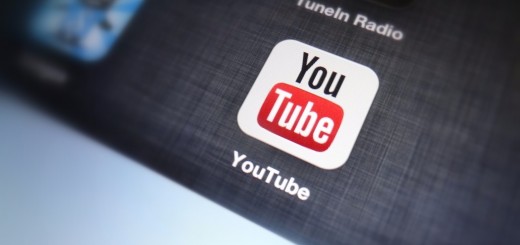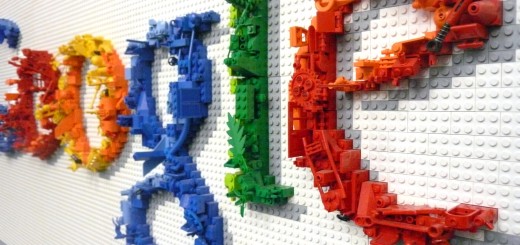India: political parties + social media = election campaigns
Media publications across India have attributed Aam Aadmi Party’s (AAP) historic win as end of PM Narendra Modi’s ‘honeymoon’ period. But what could have possible gone wrong in Delhi Assembly elections where Bhartiya Janata Party’s (BJP) election stalled at a single digit tally. While AAP gathered 67 out of the 70-seat assembly in the state, Congress failed to get even one seat.
BJP registered a landslide victory in the general election in April-May 2014 and AAP bowed out with just four seats but the tables turned in favour of Aam Aadmi Party’s Arvind Kejriwal this time. AAP’s administrative strengths are yet to stand the test of time but it has certainly matured in terms of campaigning.
The magic that worked for AAP in Delhi and failed for general elections is not social media but Mr Kejriwal’s branding that changed during the course of last nine months. This trend also showcases that voters in the national capital are impatient but not afraid of giving political leaders a second chance.
Nevertheless ever since the general elections of April-May 2014, one thing has become clear that like brands, political parties have to employ aggressive social media campaigning to connect with the voters.
The general elections in 2014 were dubbed as ‘India’s first social media elections’, where BJP not only heavily campaigned on its official Twitter and Facebook page but also involved the people in its initiatives through mobile messaging applications such as WhatsApp.
In the backdrop of Delhi elections this year, trends such as #DelhiElections, #MufflerMan, #KiranBedi. #Kejriwal4Delhi, AAPKiDilli had flooded the Twitter feeds and similar conversations were doing rounds on Facebook. Political campaigns leveraged this frenzy among the people of Delhi to gather votes.
Through social media, parties were successful in reaching out to the active social media users who were otherwise untouched by road rallies of political parties.
Further, AAP’s appeal among social media users is evident from 18 million worth of donations collected through InviteReferrals’s campaign on social media platforms such as Twitter, Facebook and mobile messaging applications such as WhatsApp, in just one month. Besides donations, AAP was also engaged in sending campaigning messages on WhatsApp and answering queries on Frankly.me.
BJP also failed to acknowledge the short attention span of its voters. The party at centre waited for a few months to announce re-elections after Mr Kejriwal gave up his Chief Ministership in early 2014. During that span, BJP was unable to drive people in India towards a united nation and divide within the party began to crop up which eventually helped AAP it re-instill the faith of the Delhi voters, according to Prathap Suthan, Managing Partner at BangInTheMiddle.
“At the of general elections there was a ‘vacuum’ in the country due to the policy paralysis in the government, scams and other corruption charges. People were looking for a change and voted BJP into power. But unfortunately in the last nine months, there have been instances where Modi remained silent and didn’t act aggressively, like the people expected him to,” he added.
This worked against BJP in the Delhi Assembly elections and brought ‘paanch saal’ Kejriwal to the national capital. Also, it was the simple brand image of Mr Kejriwal that appealed to the Delhi voters.
“The simple brand image, and the promises of the AAP party helped it remain close and relevant to the people of Delhi. The messaging by AAP was largely positive which resonated with the people and voted him back to power,” said Pratap Bose, Chief Operation Officer at DDB Mudra Group.
Going forward, the social media story is set to gather pace and subsequently have a bearing on matters of national importance in 2015. Market pundits expect the next general elections in 2019 to be dependent largely on the social media presence of political parties in India and the brands they create for themselves.


